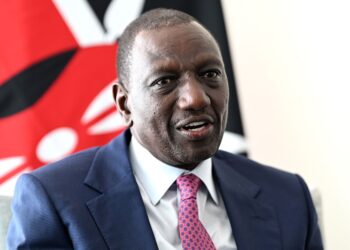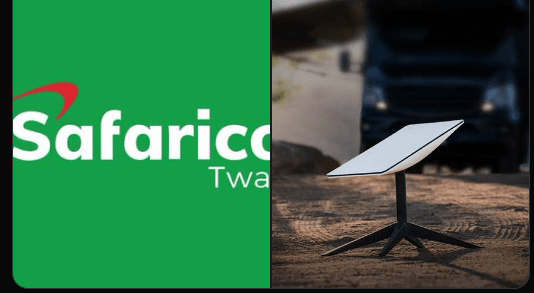Safaricom allegedly writes to Kenya’s Communication Authority to regulate Starlink. Many users dump Safaricom data services to Elon Musk’s Starlink.
Safaricom is once again facing a serious threat. In fiber-ready homes, some landlords are already installing Starlink for their tenants. This means more money in their pockets.
The entry of Starlink into the Kenyan market is a positive thing for consumers, but it has proved that Safaricom is overrated. The downtimes that Kenyans experienced are now a thing of the past.
People have been paying ridiculous amounts for horrible bundles and speeds, believing that they are getting a decent deal.
The government, through Safaricom, has sued Starlink. Safaricom wants the Communications Authority to ban Starlink from operating in Kenya. Just like KPLC and EABL, it fears competition.
The company has sued Starlink for offering cheap data at insane speeds and stiff competition. Several telcos have also written to the Competition Authority about regulating Starlink’s entry into Kenya.
Currently, Starlink provides the fastest bandwidth for satellite internet services.
Starlink is now testing another product and introducing direct-to-cell service, which basically means you’d use your phone and existing SIM card to access Starlink satellites.
This means that even where your local network doesn’t reach, your phone automatically connects to the satellites, giving you a continuous network.
Safaricom has allegedly written to the Communications Authority of Kenya to regulate the entry of Starlink satellite internet in Kenya and the beta products that will come with it.
However, in 2006, local banks wrote to bank regulators, including CBK, protesting Safaricom Mpesa mobile money transfers’ entry into the market. Mpesa had previously threatened the banking sector.















